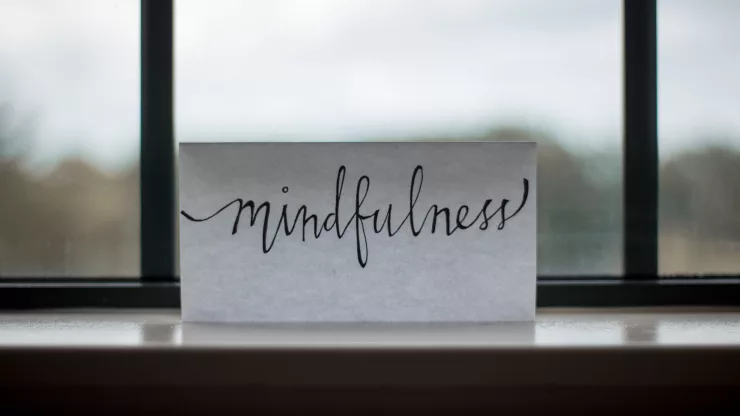Navigating Relationship Transitions
Relationships are dynamic, and it’s natural for them to go through different stages. These stages can be exciting, challenging, and sometimes overwhelming.
Whether you’re transitioning from being single to dating, moving in together, getting engaged, or breaking up, it’s important to navigate these changes successfully.
In this article, we’ll explore how to manage transitions in relationships and maintain healthy boundaries.
Jump to Section
Understanding the Stages of Relationship Transitions
Relationship transitions can be divided into different stages, depending on the nature of the change. Here are some common stages and what to expect:
-
The honeymoon phase: This is the initial stage of a relationship when everything seems perfect. You’re infatuated with each other, and the chemistry is intense.
-
The adjustment phase: As you spend more time together, you’ll start to see each other’s flaws and quirks. This is when you’ll need to adjust your expectations and learn how to compromise.
-
The commitment phase: If you decide to take your relationship to the next level, this is when you’ll make a more serious commitment. This could include moving in together, getting engaged, or getting married.
-
The transition phase: This is when you’re going through a significant change, such as a breakup or a long-distance relationship. It can be challenging, but it’s an opportunity for growth and self-discovery.
Communicating Effectively During Transitions
Effective communication is essential during relationship transitions. Here are some tips to help you communicate effectively:
-
Be honest and open: Share your thoughts and feelings with your partner. Avoid keeping secrets or hiding your emotions.
-
Listen actively: Listen to your partner’s perspective without interrupting or judging. Show empathy and understanding.
-
Use "I" statements: This will help you express your feelings without blaming or accusing your partner.
-
Set boundaries: Be clear about your needs and expectations. Respect each other’s boundaries and communicate them clearly.
Coping with Emotions and Changes
Relationship transitions can be emotionally challenging. Here are some ways to cope with your emotions:
-
Practice self-care: Take care of your physical and emotional well-being. This could include exercise, meditation, or therapy.
-
Lean on your support system: Seek support from friends and family. Talk to someone you trust about your feelings.
-
Focus on the positive: Look for the silver lining in the situation. Focus on the opportunities for growth and self-discovery.
-
Give yourself time: Allow yourself time to grieve and process your emotions. Don’t rush into a new relationship or decision.
Maintaining Healthy Boundaries During Transitions
Boundaries are essential during relationship transitions. Here are some ways to maintain healthy boundaries:
-
Respect each other’s space: Give each other space and time to process your emotions.
-
Keep your independence: Maintain your hobbies and interests. Don’t lose yourself in the relationship.
-
Communicate your needs: Be clear about your needs and expectations. Respect each other’s boundaries.
-
Don’t compromise your values: Stick to your values and beliefs. Don’t compromise them for the sake of the relationship.
Moving Forward: Embracing New Beginnings
Relationship transitions can be challenging, but they can also be an opportunity for growth and self-discovery. Here are some ways to embrace new beginnings:
-
Focus on the positive: Look for the opportunities for growth and self-discovery.
-
Learn from your experiences: Reflect on what you’ve learned from the relationship. Use this knowledge to improve your future relationships.
-
Set new goals: Set new goals for yourself and your future relationships. Be intentional and proactive.
-
Embrace change: Embrace the changes and challenges that come with new beginnings. Be open to new experiences and opportunities.
FAQ
How do I know if a relationship transition is right for me?
A relationship transition should feel right for both partners. It’s important to communicate your intentions and expectations and make sure you’re on the same page.
How do I cope with a breakup?
Coping with a breakup can be challenging. It’s important to give yourself time to process your emotions and seek support from friends and family.
Practice self-care and focus on the opportunities for growth and self-discovery.
How do I maintain healthy boundaries in a long-distance relationship?
Maintaining healthy boundaries in a long-distance relationship can be challenging. It’s important to communicate your needs and expectations and respect each other’s space.
Make time for regular communication and stay connected.

With a deep passion for personal development, Ben has dedicated his career to inspiring and guiding others on their journey towards self-improvement.
His love for learning and sharing knowledge about personal growth strategies, mindfulness, and goal-setting principles has led him to create My Virtual Life Coach.
Contact Ben at [email protected] for assistance.




